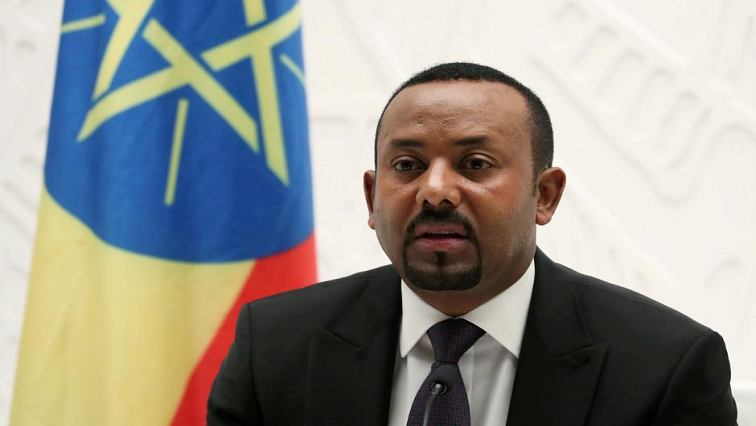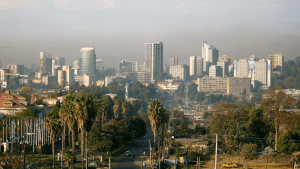What a difference a year makes. In 2019, Ethiopian Prime Minister Abiy Ahmed was basking in the adulation of a Nobel Peace Prize and his country’s economy was expanding at nearly 10%. Now, the government says its tanks are about to besiege a rebellious regional capital, and growth has collapsed. A prolonged conflict would expose the African giant’s reliance on foreign capital as a soft underbelly.
Tensions between Addis Ababa and the northern Tigray region have simmered since 2018, when Abiy took the reins in the nation of 119 million.
The 44-year-old’s rapid ascent ended decades of Tigrayan political and economic hegemony under strongman Meles Zenawi, who died in 2012.
Even before fighting erupted on November 4, the economy was wobbling. In October, the International Monetary Fund predicted growth this year of just 1.9% and zero for 2021 due to the coronavirus and locust plagues. Farming accounts for half of Ethiopia’s $96 billion GDP and 80% of foreign exchange earnings.
If Tigrayan guerrillas targeted the China-built railway linking Addis Ababa to Djibouti, a vital export corridor, dollars could become even scarcer.
Another risk is the reaction from donors such as the World Bank. Aid made up nearly a quarter of government revenue last year, according to South African consultancy NKC. If funding is withdrawn because of the conflict, the budget deficit would balloon to over 30% of GDP, even before taking into account any extra military spending.
The conflict may also spook foreign investors, who have been piling into the country’s farm lands and manufacturing plants, and who will be needed to fund Abiy’s privatisation drive, which includes state monopolies like Ethio Telecom. That would exacerbate the dollar shortage, heaping pressure on the birr.
Ethiopia is in a weak position to withstand a sustained conflict. The central bank has foreign reserves of just $3 billion, enough to cover two months of imports. That’s scant ammunition to defend a currency that has already devalued by 20% this year against the dollar.
The boom years of heady investment have also left a $35 billion external debt pile, equivalent to nearly 40% of GDP. Yields on Ethiopia’s 2024 bonds have already risen 200 basis points since fighting started, to nearly 9%. If Abiy allows the conflict to drag on, he may soon have a financial crisis to worry about too.






